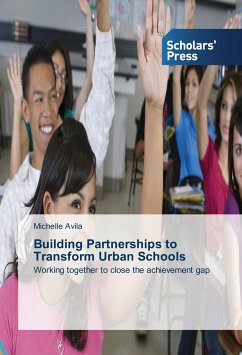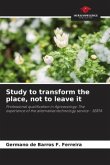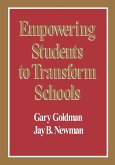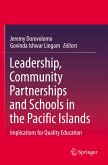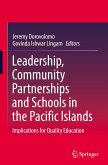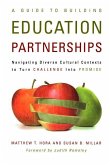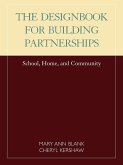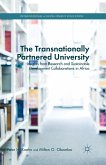There is urgency in many schools, particularly in urban, high-minority areas, to increase student achievement. The potential of partnerships formed to transform urban schools could play a significant role in closing the achievement gap. The purpose of this book is to identify common barriers partnerships face and highlight strategies to co-construct sustainable partnerships to that include universities, schools, and community stakeholders. Common barriers to partnerships identified in the literature are conceptual (belief that partnership will become hierarchical), attitudinal (distrust due to failed partnerships), pragmatic (lack of resources) and professional (insufficient training) in nature. However these barriers can be overcome by building trust, creating active dialogue, establishing mutual learning and redistributing power. Effective and resilient partnership create a new cultural model rooted in the theory of praxis in which stakeholders trust one another, work collaboratively, and recognize the funds of knowledge from one another. The significance of this research is that it provides characteristics of an effective partnership model to help close the achievement gap.
Bitte wählen Sie Ihr Anliegen aus.
Rechnungen
Retourenschein anfordern
Bestellstatus
Storno

